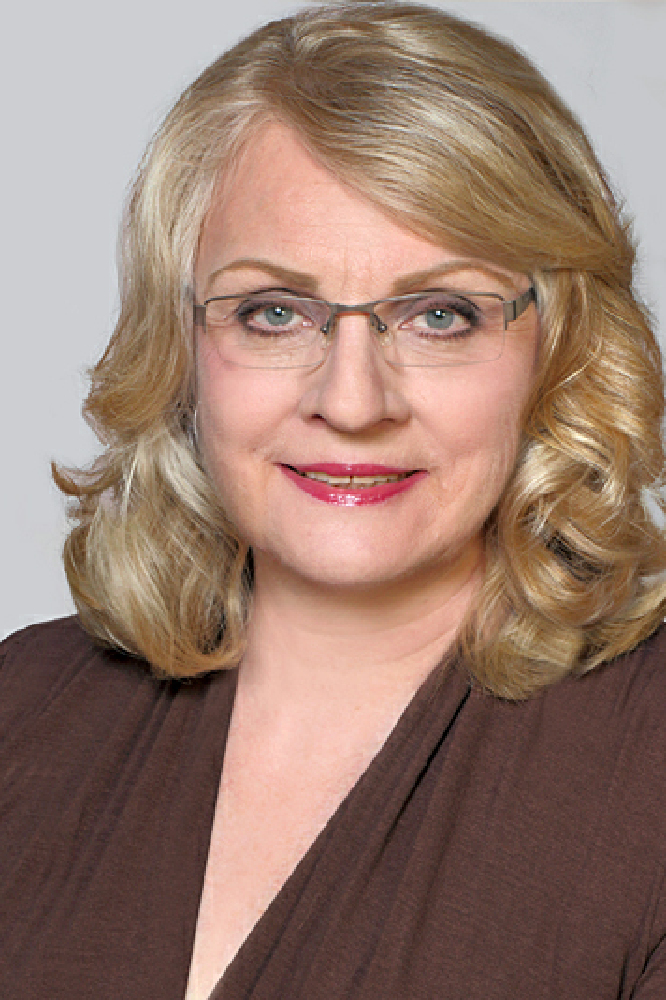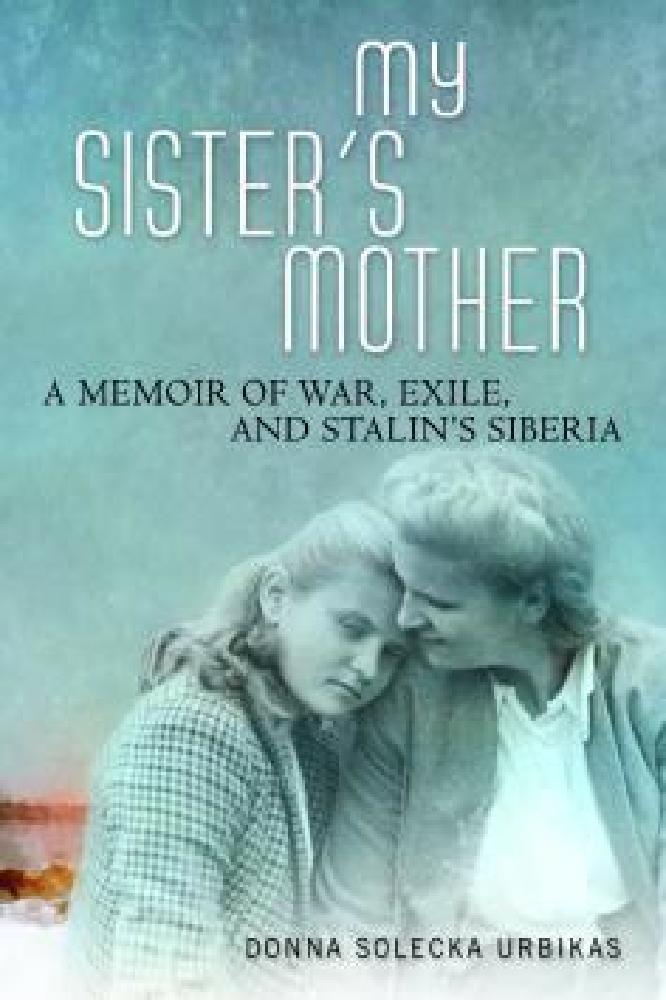It's putting a human face on history. My parents came to England right after WWII, after having been deported from Poland by the Soviets to a labor camp in Siberia (in my mother's and sister's case). As a Polish Army officer my father was captured by the Soviets and sent to a prisoner-of-war camp in Russia. In the turmoil that followed, my parents met briefly in Russia and later in Uzbekistan. My father went on to fight with the Polish Army under British care while my mother and sister waited out the war in India where my mother worked as a Red Cross nurse. After the war, neither of my parents wanted to return to Communist Poland so they each travelled to England where they met again, and that's where I was born. In 1952 we came to America. Their story is the basis of my new book, My Sister's Mother: A Memoir of War, Exile, and Stalin's Siberia (University of Wisconsin Press, April 2016). I learned that a good grasp of history, thoroughly researched, provides valuable detail to humanize a story.

Donna Solecka Urbikas
Retrospect is critical. I started writing over 30 years ago. Always wanting to be a writer, I began writing their story only when I became a mother myself. As a child I had been annoyed by my mother's stories of her life in Poland and during the war in the labor camp with my sister, who was 5 years old at the time of their deportation. As an adult, their story tugged at me and I wanted to write about it, but my mother was reluctant at first. When my first son was born my mother felt I could understand her trying to save my sister during all those challenges of severe cold, little food, diseases, and fear. Later, upon encouragement from teachers at the University of Chicago's Writing Program, I incorporated my part-growing up with a mother and sister who had gone through all that. I learned that retrospect is critical in good memoir and it's never too late to start writing.
Going back to my roots provided needed perspective. In 1976 on my first return, I visited my birthplace in Coventry and then travelled to Poland which was still under Communist rule and on the cusp of major political upheaval-the seeds of the Solidarity movement. Due to violent strikes all over the country, particularly in my mother's birthplace of Radom, I was unable to visit her home town, but I got a good sense of what life had been like during the war in the labor camps and the prisoner-of-war camps in Russia and Siberia under Soviet Communism.
Writing memoir is a catharsis. My mother finally stopped talking about all that had happened to her during the war. I made amends with her for all her crazy behavior as I was growing up in America.
The effects of trauma are in our genes. No matter how we try to disassociate ourselves from past family traumas, the effects persist. I learned that new studies show how war and other traumas can get passed on to us even two generations later. This finding explains much of how I was affected by my mother's wartime experiences and how I parented my own children. Bringing this insight into my memoir provided a deeper layer of interest to a complex story. Thus, what began as only a WWII story ended up as also my story in My Sister's Mother: A Memoir of War, Exile, and Stalin's Siberia. www.danutaurbikas.com


